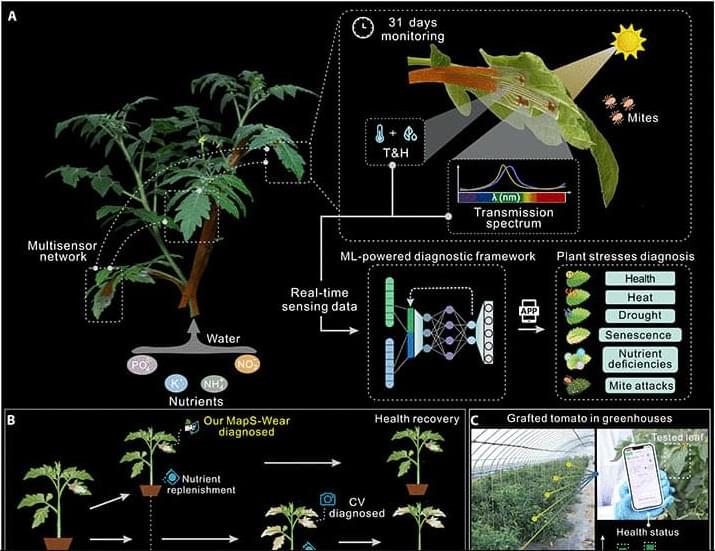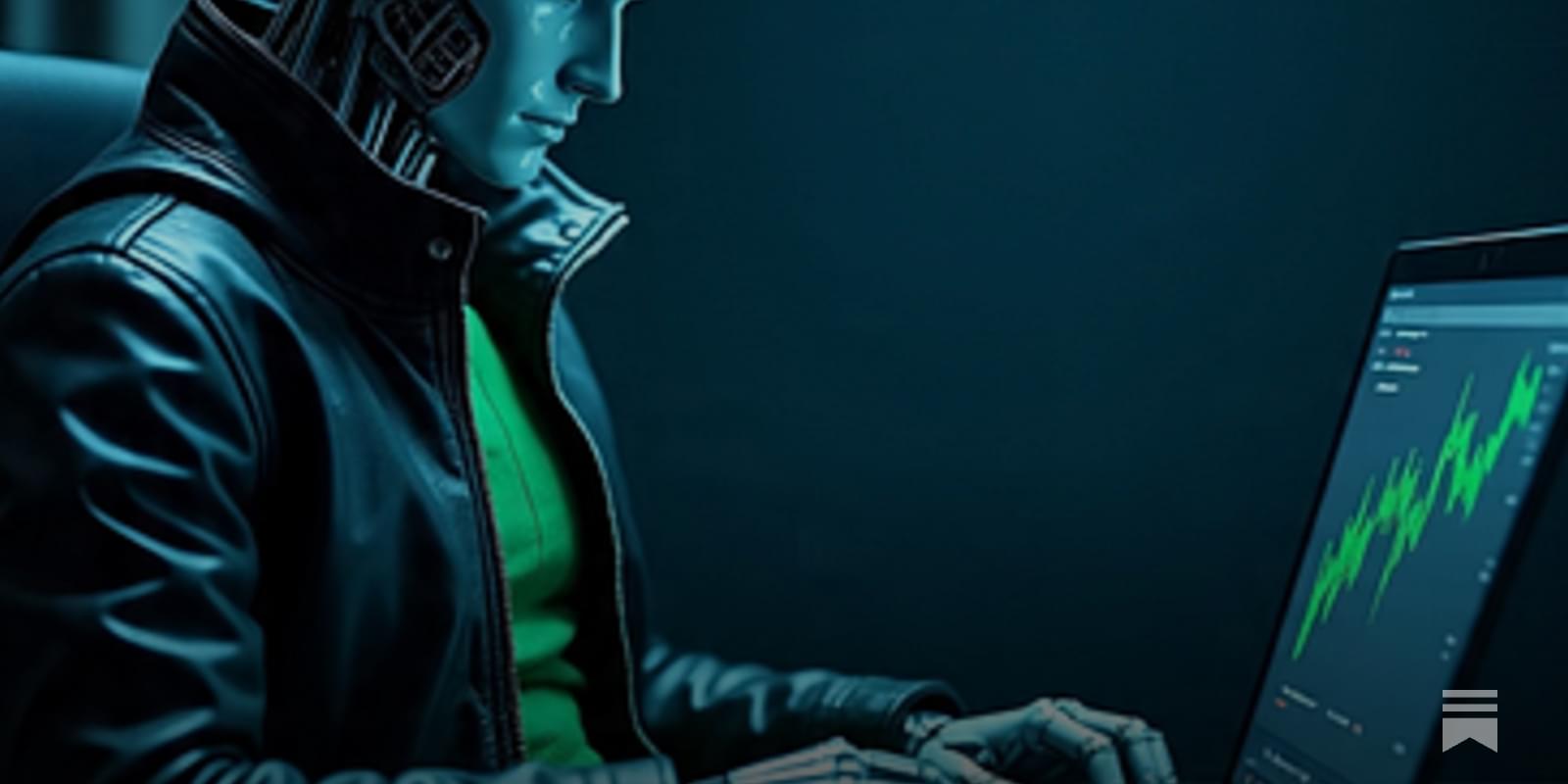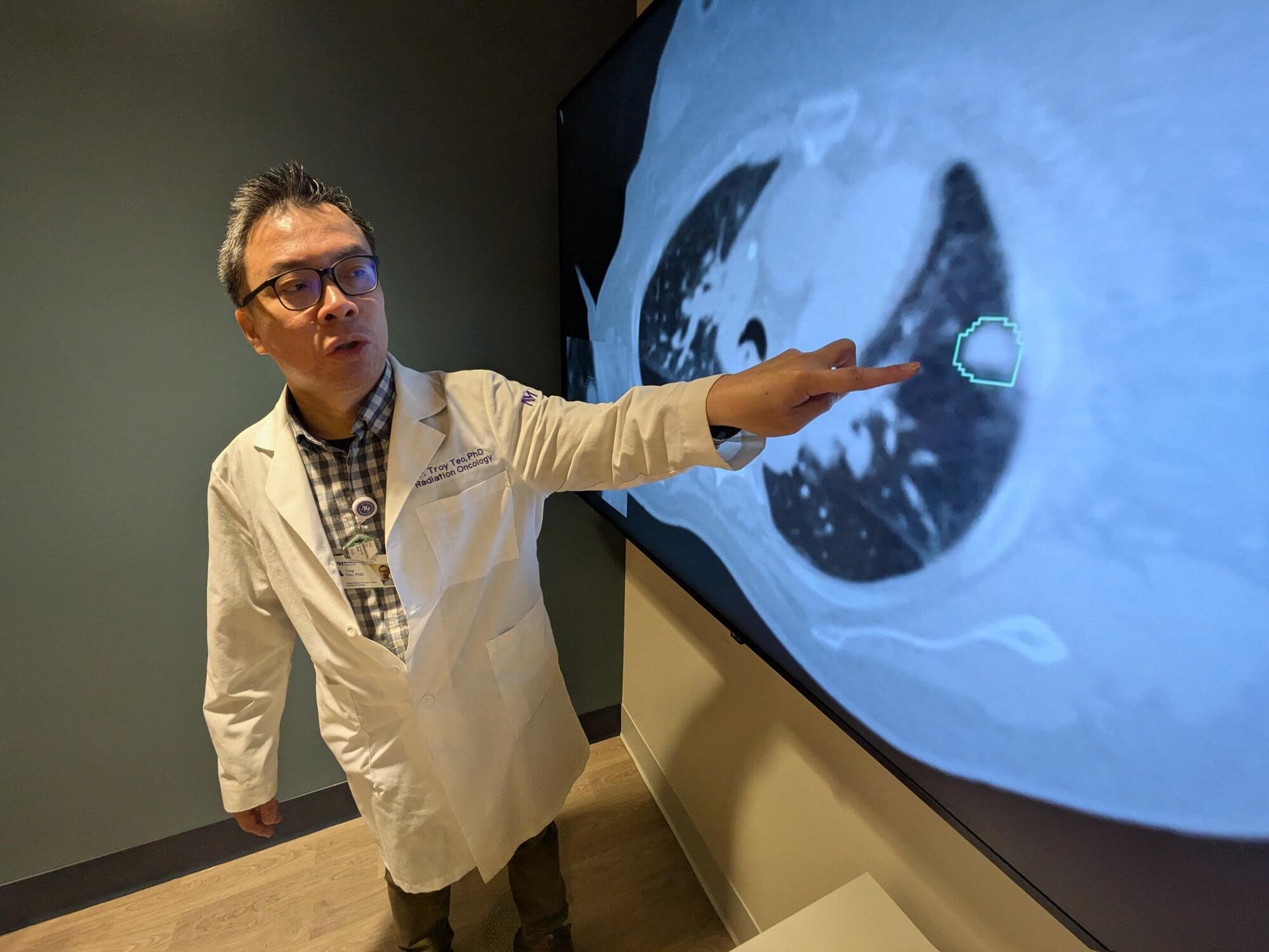How reliable is artificial intelligence, really? An interdisciplinary research team at TU Wien has developed a method that allows for the exact calculation of how reliably a neural network operates within a defined input domain. In other words: It is now possible to mathematically guarantee that certain types of errors will not occur—a crucial step forward for the safe use of AI in sensitive applications.
From smartphones to self-driving cars, AI systems have become an everyday part of our lives. But in applications where safety is critical, one central question arises: Can we guarantee that an AI system won’t make serious mistakes—even when its input varies slightly?
A team from TU Wien—Dr. Andrey Kofnov, Dr. Daniel Kapla, Prof. Efstathia Bura and Prof. Ezio Bartocci—bringing together experts from mathematics, statistics and computer science, has now found a way to analyze neural networks, the brains of AI systems, in such a way that the possible range of outputs can be exactly determined for a given input range—and specific errors can be ruled out with certainty.







